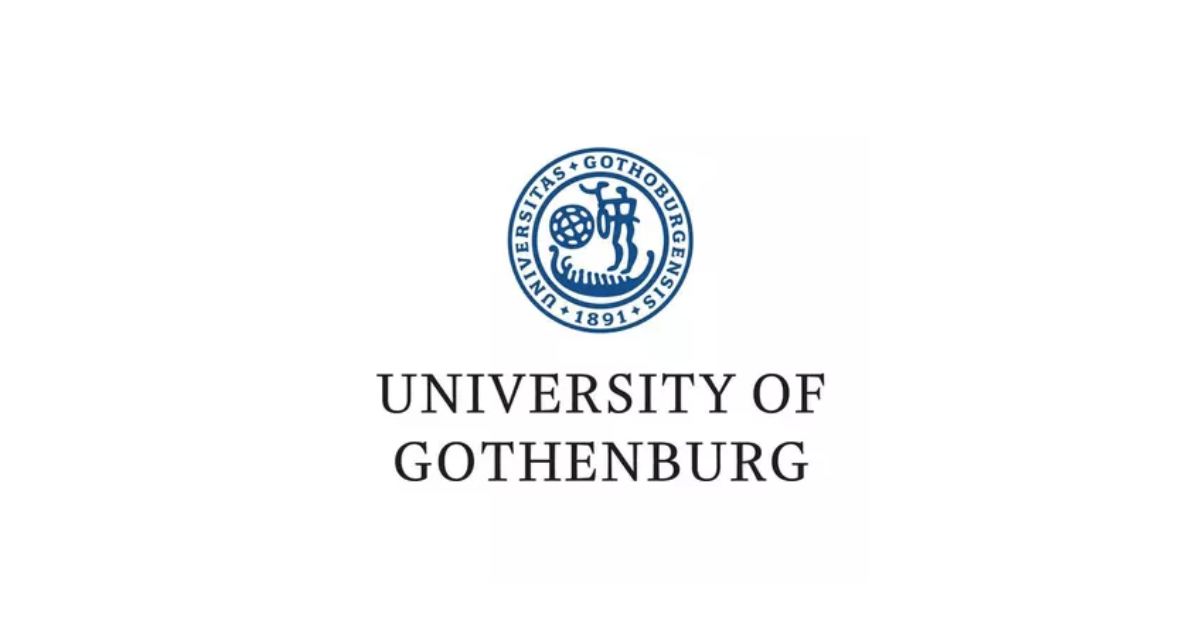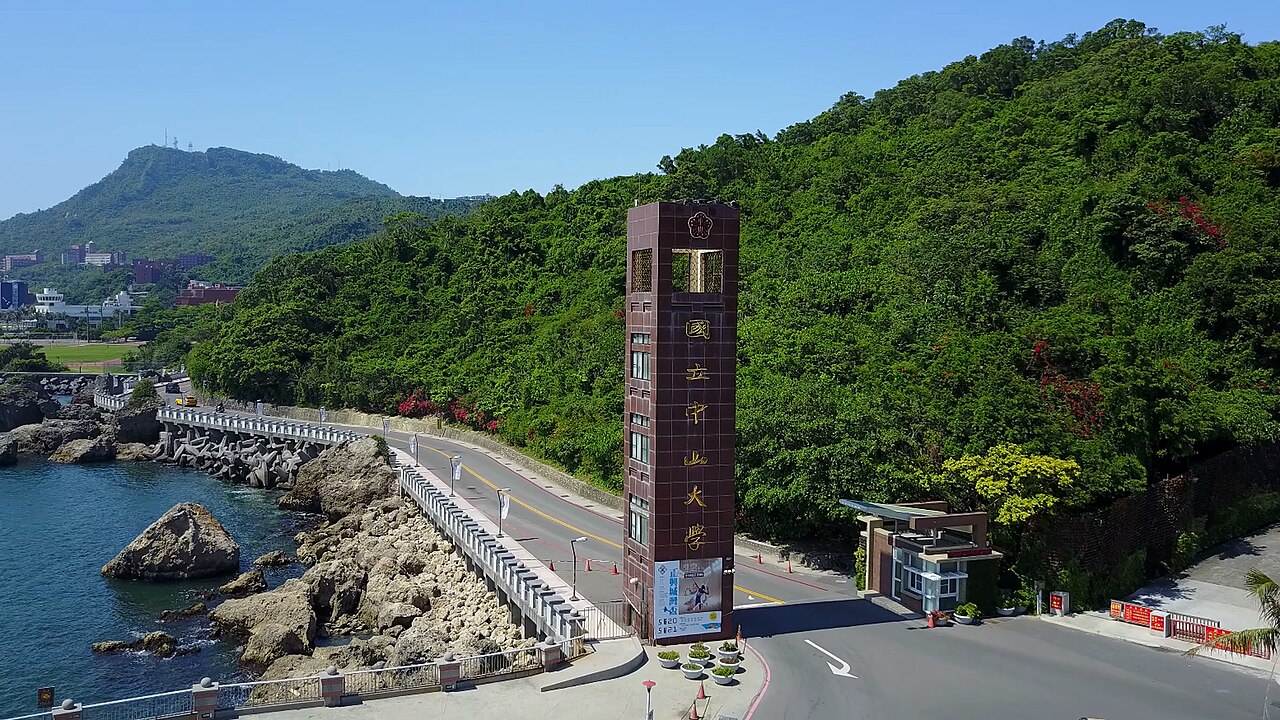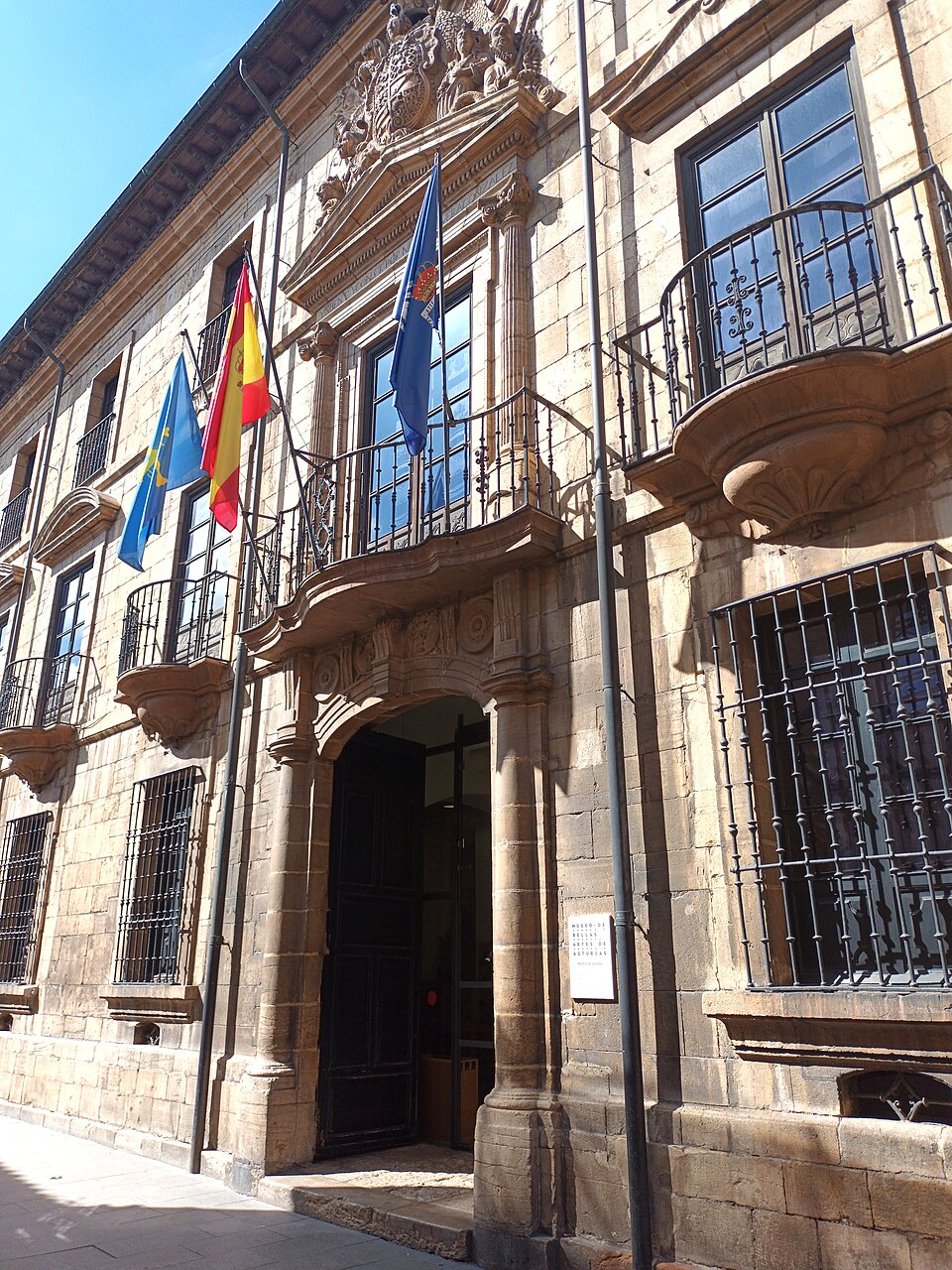The University of Gothenburg tackles society’s challenges with diverse knowledge. 56,000 students and 6600 employees make the university a large and inspiring place to work and study. Strong research and attractive study programmes attract scientists and students from around the world. With new knowledge and new perspectives, the University contributes to a better future.
The university is seeking two postdoctoral researchers to join the core team of the European Research Council-funded project THINGSTIGATE – Things for Politics’ Sake: Aesthetic Objects and Social Change (ERC grant 101041284), led by Dr Tintin Wulia (Principal Investigator/PI).
Many believe that art is transformative, that it can change society and politics. But how does art exactly do this? THINGSTIGATE hypothesises that this transformation pivots on aesthetic objects, and occurs within a tripartite framework of imagination, emotion, and sociopolitical institutions. The project combines archival studies, participatory art in everyday life, and longitudinal tracing of aesthetic objects, specifically ones that stimulate imagination and emotion on the nation-state as a sociopolitical institution. It will reinvent methods from large-scale studies of contentious politics to grammatically analyse the sociopolitical relations emanating out of objects in three decades of socially engaged art archives. Findings will be tested in public interventions – both physically in Sweden, Italy, USA, and digitally in Indonesia – where participants assemble and make aesthetic objects. These objects will be traced longitudinally to pinpoint when and how they instigate transformations within sociopolitical institutions.
The first postdoc will specialise in archival research methods. The second postdoc will specialise in public interventions/field methods. Applications are encouraged from participatory art practice-based researchers, visual sociologists and visual anthropologists, art historians, cultural studies researchers, sociologists and anthropologists of visual culture and material culture, STS researchers, political scientists, and other researchers in cognate disciplines with a doctoral degree. The positions are for 2 years starting from 1 March 2023 or a date later agreed upon.











